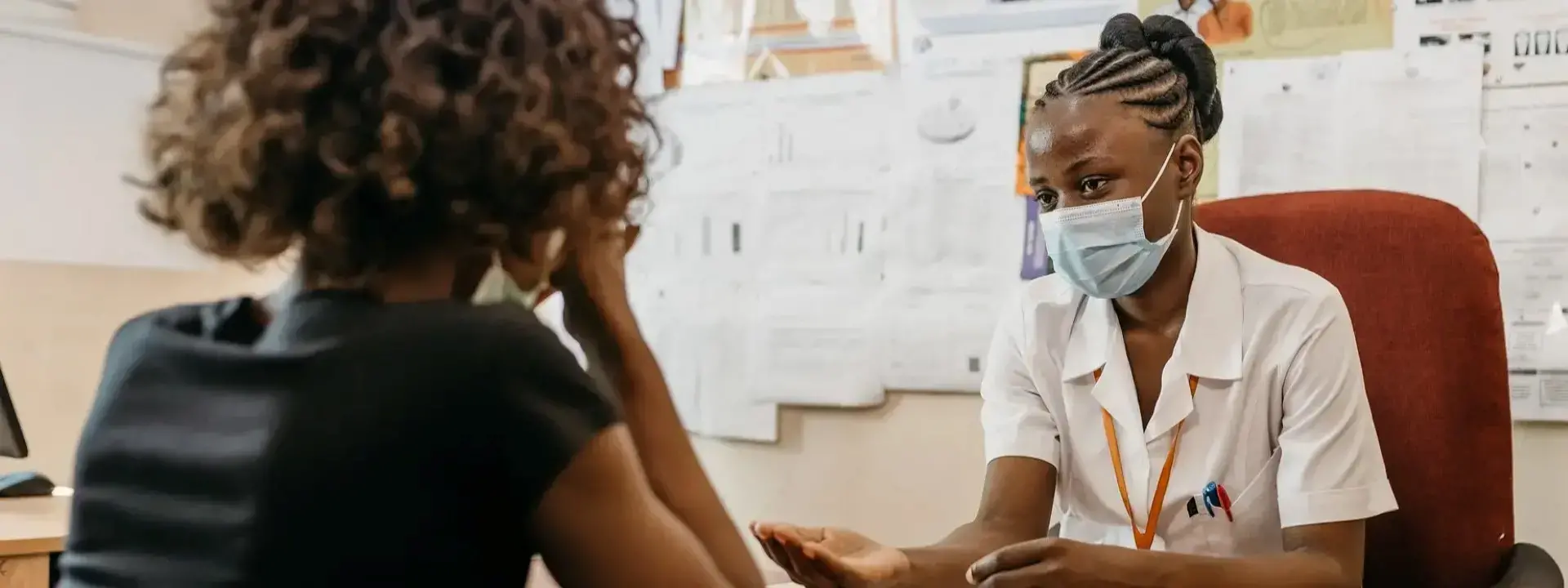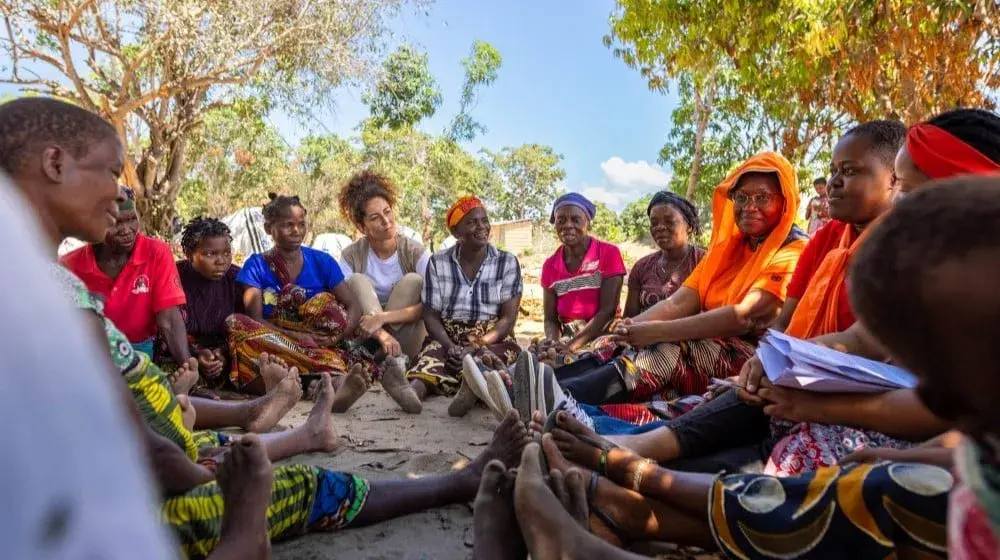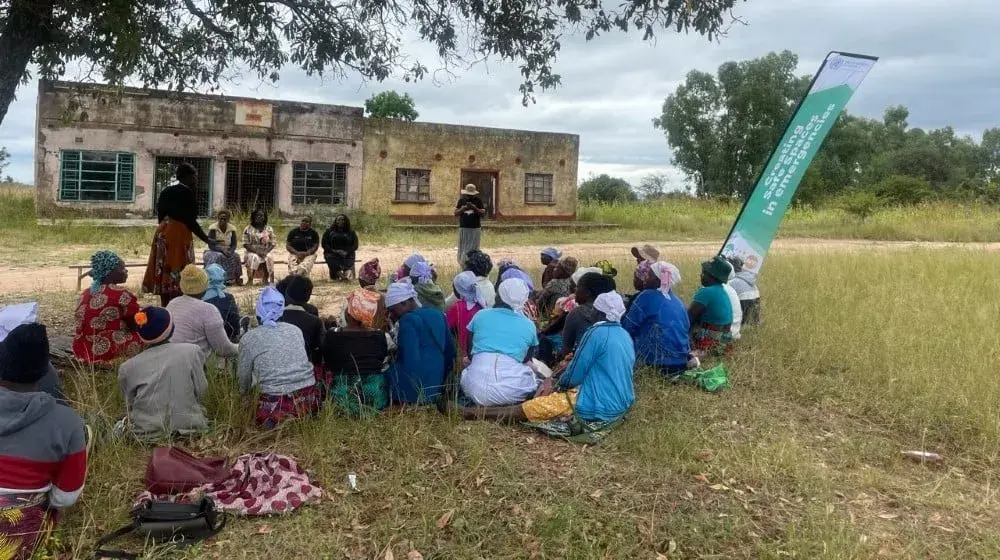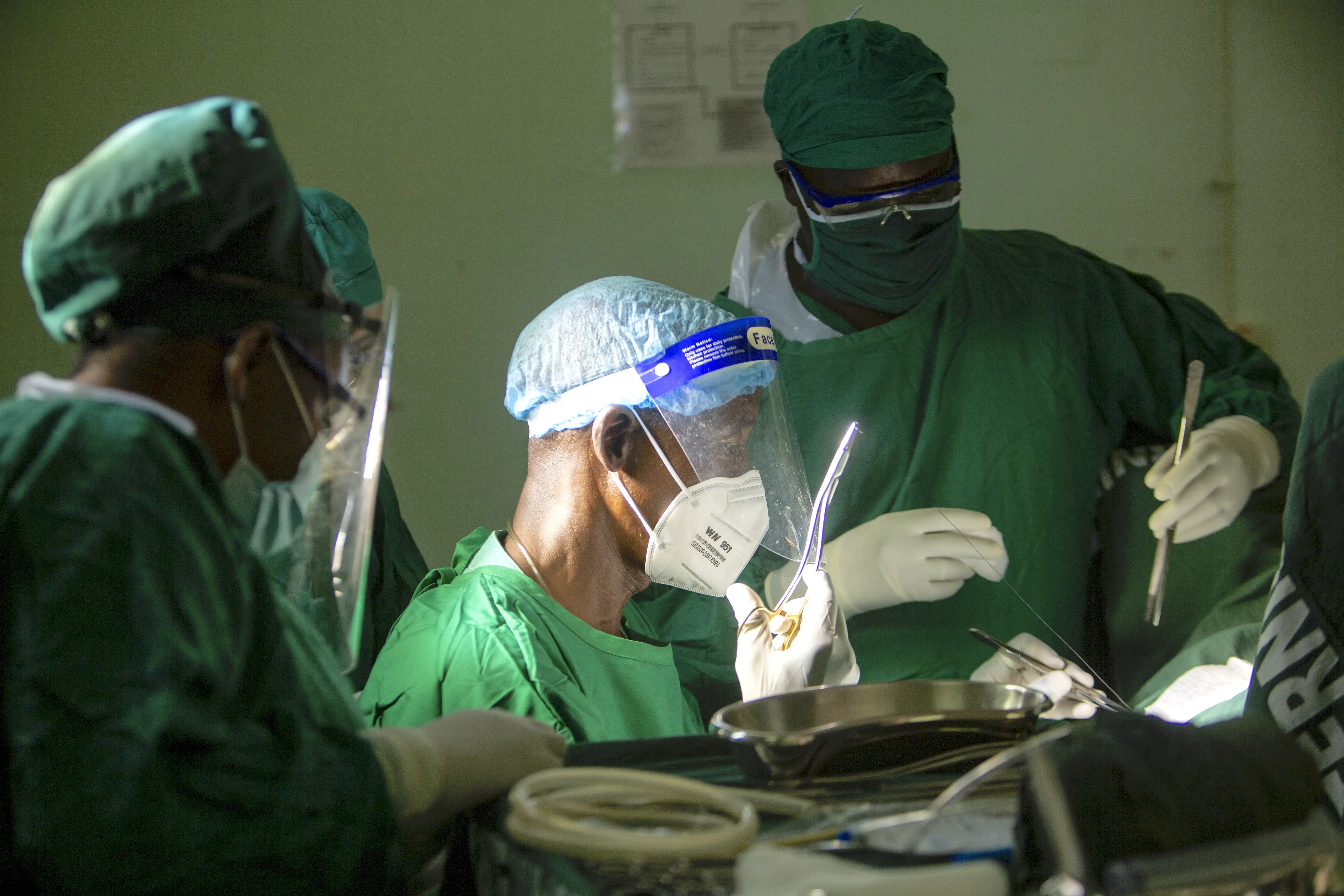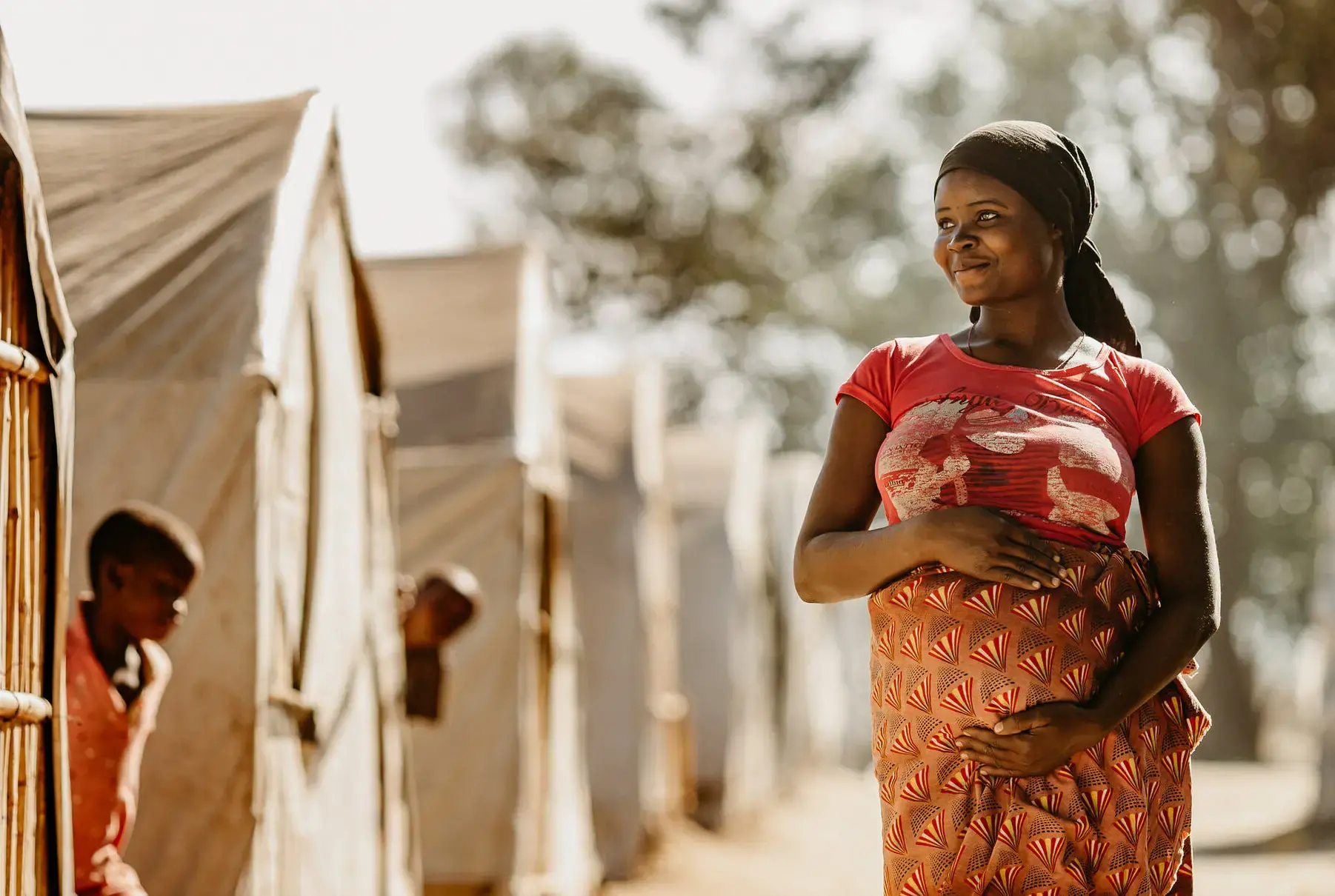Gender-based violence (GBV) is a universal phenomenon. Globally, one in three women experiences either intimate partner violence or non-partner sexual violence during their lifetime (WHO). GBV ranges from physical, sexual, emotional and other family violence to female genital mutilation (FGM), child marriage, early childbearing, trafficking and sexual violence as a weapon of war.
While gender-based violence affects women and children of all ages, in East and Southern Africa, adolescents and young women are particularly at risk. Harmful practices, including female genital mutilation (FGM frequently asked questions) and child marriage, have significant consequences on agency and bodily autonomy, impacting women’s health and their right to choose when, if and how many children they wish to bear.
Violence against women is pervasive, including digital spaces. Worldwide, data from The Economist Alliance Unit indicates that 38 per cent of women with Internet access have personally experienced online violence.
GBV has serious consequences for women’s physical health, as well as their sexual and reproductive health, and mental health. It is a fundamental violation of women’s human rights and has adverse economic and social consequences for men, women, their children, families and communities.
Context in East and Southern Africa
The high rate of violence against women and girls in the region is maintained by the persistence of harmful gender norms, alcohol use and overall increased poverty, violence in urban slum areas and conflict areas. Partner violence and the fear of abuse prevent girls from refusing sex and jeopardize their ability to negotiate condom use, studies in sub-Saharan Africa have found.
The region has a high prevalence of GBV and harmful practices among adolescents and young women. Of girls aged 20 to 24 years, 31 per cent were married before the age of 18 (2020). Harmful practices, including female genital mutilation and child marriage, continue to persist in the region with significant consequences to agency and bodily autonomy.
In seven countries in the region, about 20 per cent of people aged 15 to 24 years reported that they had experienced sexual violence from an intimate partner. Sexual violence against early adolescents aged 15 years and below is highest in the conflict and post-conflict countries of the DRC, Mozambique, Uganda and Zimbabwe. Women and girls with disabilities are estimated to be up to 10 times more likely to experience sexual violence, with a range of 40 to 68 per cent of girls with disabilities below 18 experiencing sexual violence. Fewer than 10 per cent of adolescent girls aged 15 to 19 who experienced forced sex asked for professional help, due to fear, stigma, discrimination and a lack of services.
Gender-responsive legislation and policies are increasing in reach and momentum. In sub-Saharan Africa, around 65 per cent of countries have laws specifically criminalizing domestic violence. Legislation is, however, often limited in scope and coverage or is not enforced. Across countries, domestic violence legislation varies greatly in scope and applicability. Only 37 per cent of the sub-Saharan African countries have laws covering physical, sexual, psychological, and economic violence.
UNFPA's response
UNFPA works in partnership with women’s and youth feminist organizations, networks and movements, civil society organizations, governments, academic and research institutes and other partners, to support interventions to end violence against women including through prevention programming, service delivery, policy and laws and data and research.
UNFPA supports comprehensive, survivor-centered responses in humanitarian and development settings through quality health, social and justice services. At the core of our approach is the right to safety, confidentiality, non-discrimination and self-determination for all survivors.
One key response is provided through integrating services for survivors into programmes, policies and advocacy on sexual and reproductive health. As health services are among the first places survivors of gender-based violence seek assistance, UNFPA leverages this critical opportunity to reach affected women and girls. Those who present in need of support are referred to a wide range of assistance, including life-saving medical services and supplies, cash or voucher assistance, dignity kits, psychosocial services and legal support.
UNFPA also plays a role in setting standards for respectful, survivor-focused care. Its work is always in support of and in line with the joint UN Essential Services for Women and Girls Subject to Violence and the Interagency Minimum Standards on GBV in Emergencies Programming. UNFPA is the Inter-agency Standing Committee-mandated lead agency on gender-based violence in emergencies leading the Gender-based Violence Area of Responsibility (GBV AoR), the global-level forum for coordination on gender-based violence prevention, risk mitigation and response in humanitarian settings
Preventing gender-based violence
In its efforts to end gender-based violence, UNFPA works towards changing harmful social and gender norms that perpetuate gender inequality. For example, UNFPA works with men and boys to promote positive masculinities with the aim of securing gender equality and ending violence and harmful practices against women and girls while being accountable to feminist movements.
UNFPA also uses comprehensive sexuality education as a primary prevention strategy to end gender-based violence, since it helps adolescents to nurture positive gender-equitable attitudes and values, which are linked to reduced violence, and healthier, equitable, non-violent relationships. This early intervention can have long-lasting impacts across the lives of women and men.
Supporting laws and policies
Gender-based violence is a human rights violation and is the result of structural, deep-rooted discrimination, which requires legislative, administrative and institutional measures and reforms, including the eradication of gender stereotypes.
UNFPA supports governments in the implementation of international agreements including the International Conference on Population and Development (ICPD), the Sustainable Development Goals (SDGs), the 2030 Agenda, the Convention on the Elimination of All Forms of Discrimination against Women (CEDAW) and the Beijing Platform for Action. UNFPA has contributed to strengthening national policies, accountability frameworks and legal normative frameworks, including laws on gender-based violence.
UNFPA also works extensively in collecting data and generating evidence to understand the prevalence, incidence and impact of gender-based violence worldwide. UNFPA also supports the Gender-Based Violence Information Management System (GBVIMS), which is used in crisis settings, and an adapted version of this system for development settings (GBVIMS+). These systems enable the safe collection, storage, analysis and sharing of data reported by survivors.
UNFPA is also a partner in the UN Trust Fund to End Violence Against Women, a global grant-making mechanism that invests in initiatives by civil society organizations from around the world and that are aimed at ending gender-based violence through prevention, law and policy implementation and access to essential services for survivors. And UNFPA co-leads, with UNICEF, the Joint Programme to End Female Genital Mutilation/Cutting and the UNFPA-UNICEF Global Programme to Accelerate Action to End Child Marriage.

